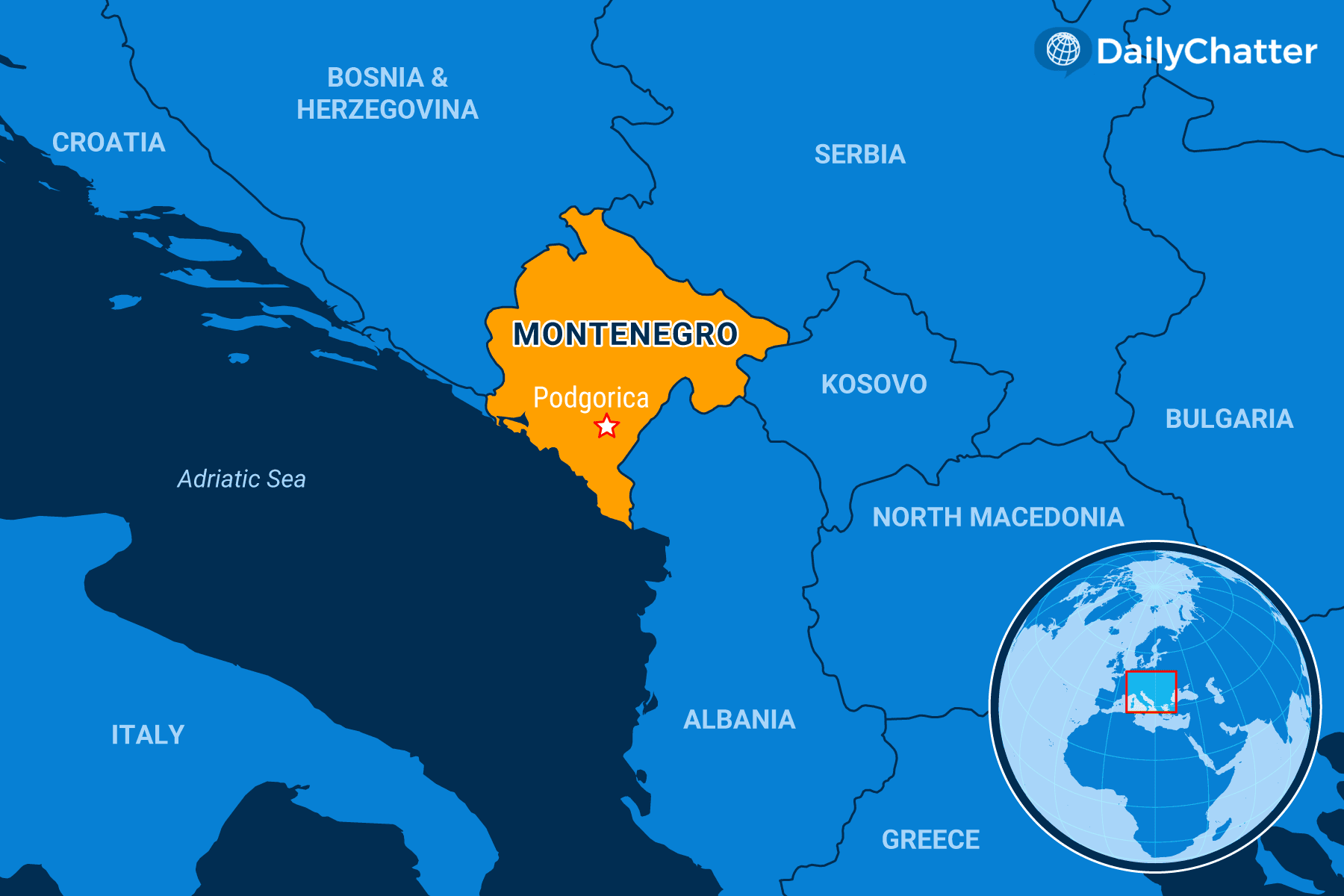Need to Know
April 03, 2023Waterfront Property
Montenegro

|
Listen to Today's Edition
|
The presidential race in tiny Montenegro, a NATO member with close ties to Russian-ally Serbia, became a proxy political contest between the West and East as tensions in southeast Europe ratchet up amid the war in Ukraine.
You could say the West won.
On Sunday, Montenegro’s former minister of economic development Jakov Milatovic, 36, won the country’s presidential runoff “in a landslide” – with 58.9 percent of the vote, according to preliminary results – against the long-serving incumbent President Milo Djukanovic, Reuters reported.
Milatovic, from the newly-formed Europe Now group, which vowed to raise living standards, strengthen relations with the European Union, and improve ties with Serbia, said in his victory speech that Montenegro has taken a “step forward.”
“We said goodbye to crime, corruption and their association with politics,” he said. “We said good day to a successful, European Montenegro.”
That was quite a turnaround from the elections held last month when Djukanovic, 61, won around 35 percent of the vote, not enough to forestall a runoff on April 2, reported the Associated Press. In the March 19 vote Milatovic had garnered about 29 percent.
Sunday’s results, while not final, were certainly a break with the past, as the winner noted.
Djukanovic has been either president or prime minister for more than 30 years. During the campaign, that left him open to attacks from Milatovic, who had called for Montenegrins to retire the president and make way for a new generation of leaders. Milatovic also charged Djukanovic with aiding and abetting the corruption in the country. Russian money plays a large role in that corruption, as independent Russian newspaper Novaya Gazeta wrote.
The political clash in the former Yugoslav republic on the Adriatic Sea was about more than domestic issues, however. The presidential election was also a test of whether the nominal Western ally will opt to move closer to Russia and neighboring Serbia, or chart a path that bends toward eventual membership in the EU. Milatovic has pledged to guide the country on the path to EU accession, according to Radio Free Europe.
“With a population of just over 600,000, Montenegro plays a crucial role in maintaining stability in the Western Balkans and is a key factor in ensuring NATO’s full control of the Adriatic coast,” the Atlantic Council explained.
Montenegro’s presidency is a largely ceremonial office but the winner will set the tone for politics in the country, including during parliamentary elections on June 11.
Djukanovic condemned the Russian invasion of Ukraine, and steered his country to join NATO despite Russian objections. But an alliance of pro-Russian parties defeated Djukanovic’s party, the Democratic Party of Socialists, in the 2020 parliamentary elections. And in 2016, Russian and Serbian agents launched a failed coup attempt to unseat the government, a testament to the Kremlin’s interest in the country, added bne IntelliNews.
Russia might not have necessarily been interested in a pro-Kremlin candidate winning the presidency, noted CNBC. Instead, they might simply have wanted to divert Western attention from the war, a tactic designed to complicate American and European efforts to support Ukraine.
In the end, the voters decided which way their country goes.
Not already a subscriber?
If you would like to receive DailyChatter directly to your inbox each morning, subscribe below with a free two-week trial.
Support journalism that’s independent, non-partisan, and fair.
If you are a student or faculty with a valid school email, you can sign up for a FREE student subscription or faculty subscription.
Questions? Write to us at hello@dailychatter.com.

